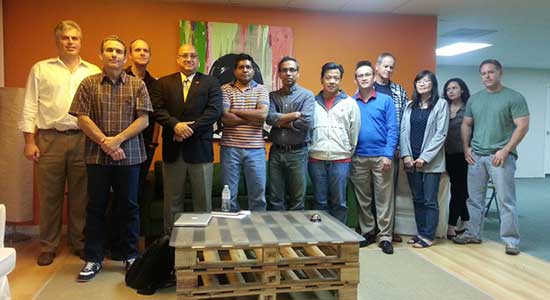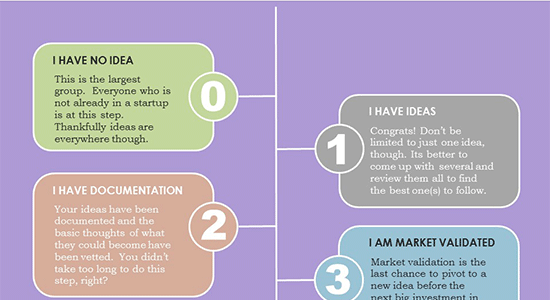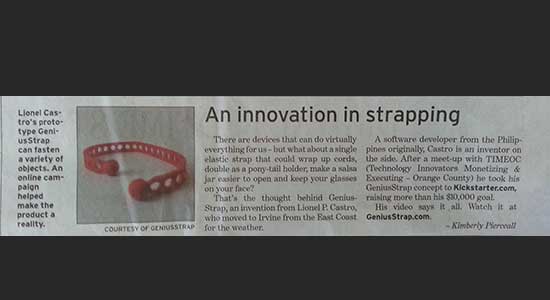
Recently we had a spirited debate at TIMEOC on the ethics of Kickstarter.
For those who may not be familiar with Kickstarter, it is a website that helps people get ideas off the ground by promoting people in its community to support new ideas on the site. There are different kinds of Kickstarter projects, but the most common is the pre-sales model. They have had over $1 billion pledged toward over 60,000 projects since they started April 28, 2009.
You just come up with an idea, submit it to Kickstarter, they review it and determine its validity, then you are on your way. You choose how much you money you need to raise and how long you want to take to raise it and you are off. Some projects get funded and some don’t. You only get the money your supporters spend for you if you hit your total goal. If not, no money changes hands and the project is considered closed.
The ethical conundrum is this. It seems common on Kickstarter to tell your family, friends, and social networks about your project looking for funding. But let’s start with an extreme example. What if someone did a $50,000 project that already had the money. They create a Kickstarter project good for 30 days and fund their own project with their own credit card after the first 2 days. They do this because reaching your goal this fast does garner some press and may get people to give you money who otherwise wouldn’t. Is that ethical?
This is a bit of an easy one because Kickstarter actually prohibits this behavior in its FAQ. There are also some blog posts that talk about this practice here and here. They discuss how no one gets hurt in these transactions (Kickstarter makes their money, the Project Creator gets their money, and the Backer gets their product).
All true, but their is a subtle side to this that needs to be brought up. It’s the society’s responsibility to protect people from themselves. Seat belts, smoking, etc. Because of this principle there are all kinds of rules about transparency of information. In other words, if someone self-funds their project and they let everyone know in enough time to withdraw their backing, then no harm done. But the asymmetric information (Project Creators know something that the Backers don’t) could lead some to, like lemmings over a cliff, back a project that they wouldn’t have otherwise because on the (incorrectly) perceived market validation.
OK, so self-pledging is a no-no. But what about your best friend? Spouse? Rich uncle? The real lesson here is to realize that you won’t really know who funded a given project, so if you are going to back something on Kickstarter, just be sure you really want it and you think it can be delivered. Or just wait until after the project is over and buy one off of the Project Creator’s own website.
Caveat emptor. Let the backer beware.
Do you want to share?
Get involved with TIMEOC!
Signup now to make sure you get all of the latest TIMEOC info, Attend a Meetup, Sponsor a Meetup, or just Donate to our group. Thanks for your support.
Don’t a perfectionist, be a completionist
I was watching Late Night with Seth Meyers last week and the author Paul Beatty was the last guest. He was talking about a friend of his and fellow author...
30 second pitch: How Do I Make One?
A good 30 second pitch is probably one of the first things you should do once you have come up with an idea. You need a way to tell others...
Elegant Counting System Part Three
The Elegant Counting System continues from the previous post (Part Two). On to fractions. This is where English gets pretty weird if you stop to think about it. Check out these...
Elegant Counting System Part Two
The Elegant Counting System continues from the previous post (Part One) We are off and running with our new Elegant Counting System (ECS)! There are some other things to consider that...
Elegant Counting System Part One
After reading the book Outliers (actually I listened to the audiobook), I was intrigued by the author’s observation that, in math, Western language speakers’ children are already a year behind...
2014-04-30 TIMEOC Meeting Recap
The meeting had some great topics, and a cool demo from a TIMEOCer. We had a demo of Labdoo.org, which is a non-profit that helps put used notebooks into the hands...











